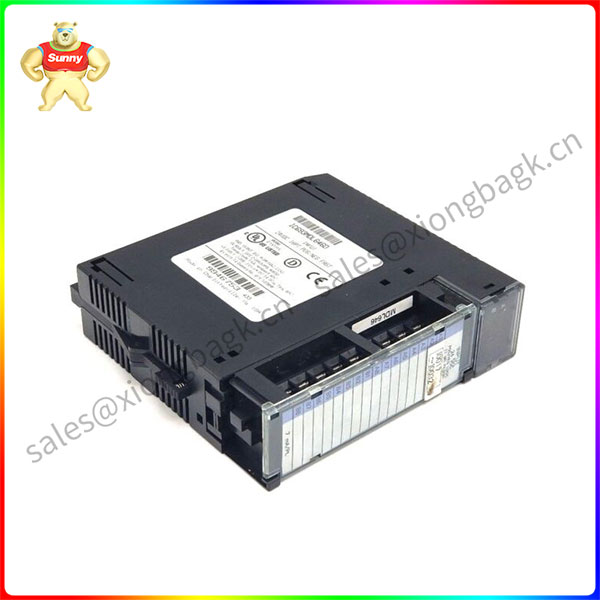HT Choong, sales and marketing manager of ABB’s robotic Electronics business unit, said robots can help electronics manufacturers optimize production and enable them to quickly and flexibly adapt processes to the relatively short life cycle of consumer goods.
From wearables and mobile phones, to home entertainment systems and smart cars, modern consumers have a love affair with electronics. This enthusiasm continues to rise, and it is predicted that by 2030, the global consumer electronics market will exceed $1.05 trillion *.
However, the electronics industry faces challenges as it tries to cater to growing consumer demand.
Electronics manufacturing is extremely complex. The high density of electronic components, the internal structure is complex, and the components are small and precise, which requires the assembly process to have a very high precision. While ensuring high accuracy and repeated positioning accuracy, the overall solution also needs to be fast, efficient, compact and reliable.

IC693MDL646
At the same time, consumers continue to crave the latest in these “must-have” electronic devices, prompting manufacturers to constantly change their product lines to meet the continued demand for new products. Only the most flexible production solutions can respond to changing market demands and protect existing investments.
From component manufacturing and PCB assembly (printed circuit board assembly) to finished product testing and packaging, robots support manufacturers at every stage of production in the consumer electronics industry. Even more remarkable is that the latest generation of robot programming simulation software allows users to virtually “teach” robots to perform new tasks before changing the actual production line, so that new tasks and new programs can be introduced more smoothly, so that manufacturers can adjust more quickly and flexibly according to demand.
Seize the opportunity and meet the challenge
Robots are generally more flexible than traditional mechanical devices because they can be programmed as needed to perform different new tasks. ABB robot offline programming simulation software RobotStudio® takes this adaptability to a whole new level.
RobotStudio has best-in-class virtual controller technology that uses on-screen simulations (or digital twins) to accurately simulate a robot’s movement in a real environment. This allows manufacturers to build, test, and improve robot deployments in virtual environments before making any changes to the actual production line, speeding up actual commissioning, minimizing production disruptions, and significantly improving productivity
 中文版
中文版




